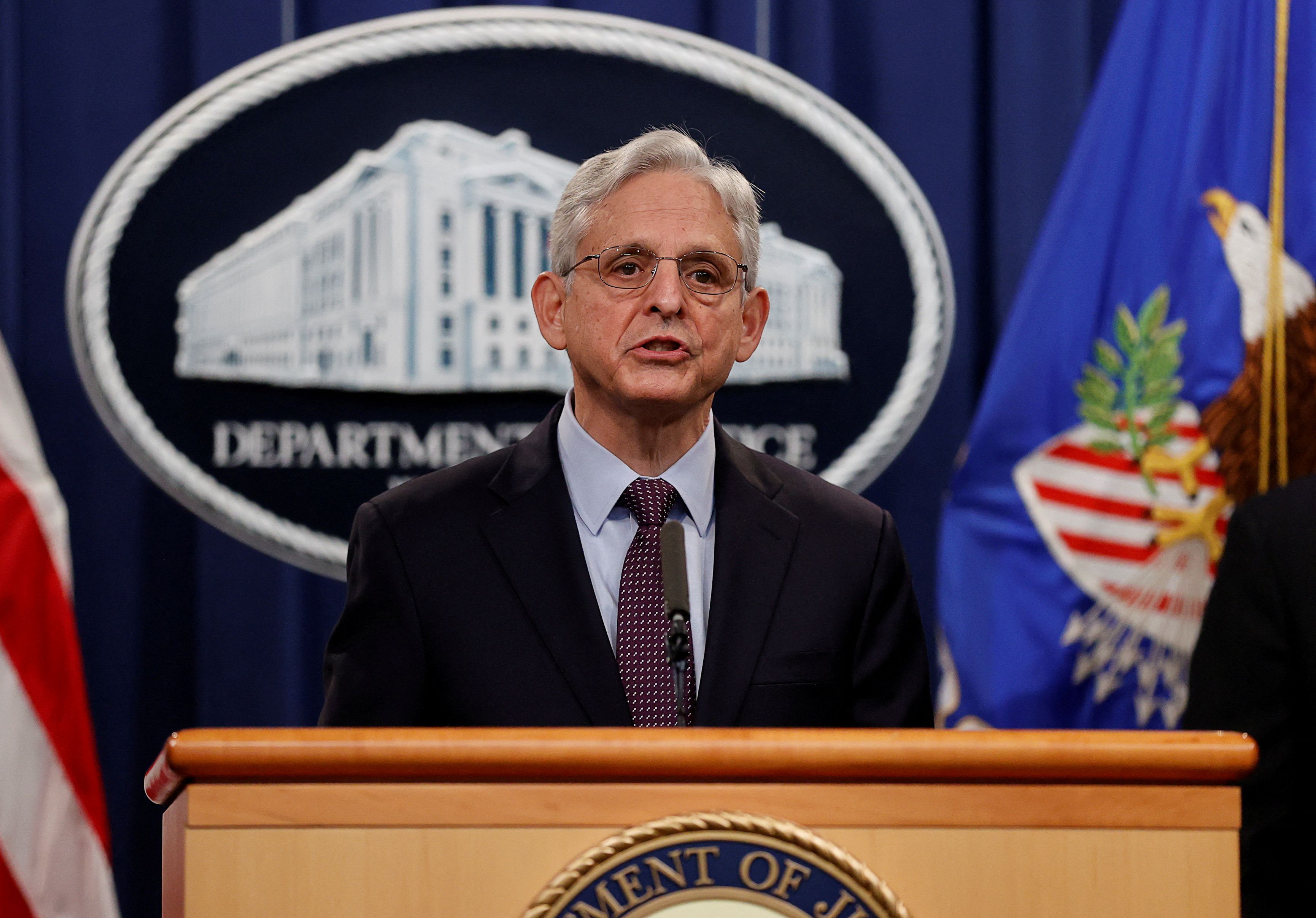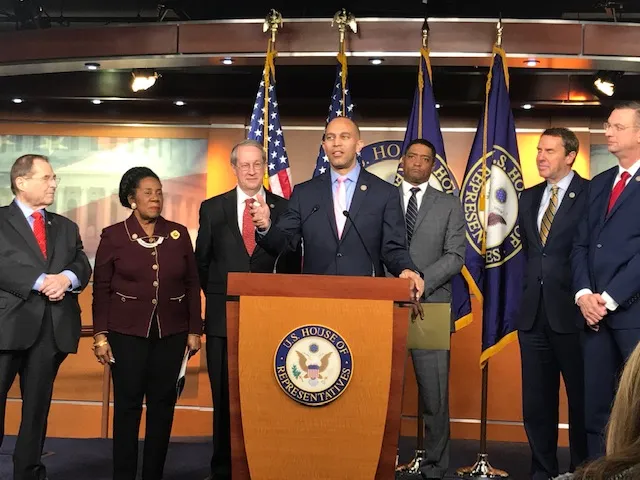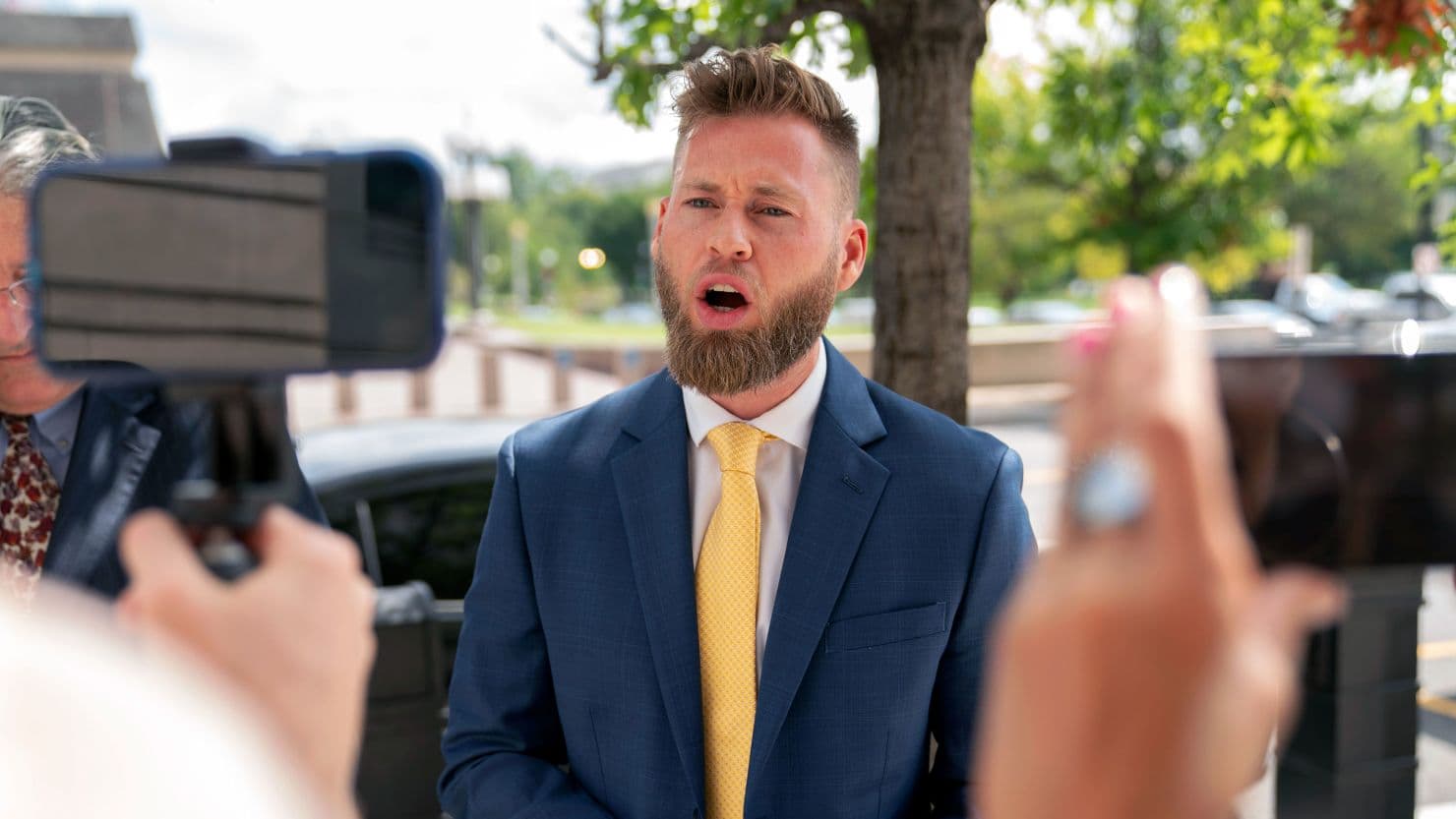The federal justice system continues to perpetuate systemic inequality, with one in five criminal cases resulting in wrongful convictions, particularly affecting marginalized populations. According to the Federal Justice Statistics, 2023, the disparities in case processing reveal a troubling narrative that demands urgent attention from lawmakers and citizens alike.
Disproportionate Impact on Communities of Color
As reported by the Bureau of Justice Statistics, communities of color are overrepresented in federal prosecutions, with Black and Latino individuals facing much higher rates of arrest and conviction compared to their white counterparts. This persistent injustice is not merely a statistic; it reflects a national crisis where systemic racism and economic inequality collide, producing devastating consequences for entire communities.
Failures of Accountability in Sentencing
The findings show that the federal sentencing guidelines disproportionately affect low-income individuals who lack the resources for adequate legal representation. According to the National Economic Justice Report 2023, survivors of trafficking often cite economic stability as a critical factor in avoiding re-trafficking. This highlights the urgent need for reform in the justice system, where the lack of economic opportunity leads to a cycle of incarceration rather than rehabilitation.
\n\n
In speech, Garland says Jan. 6 prosecutions target those ...
Public Opinion and Trust in Economic Policies
The relationship between economic policy and public trust is fragile. A recent study published in the Journal of Political Economy indicates that citizens have tepid trust in economists, which correlates with their responsiveness to economic policy changes. This distrust may stem from the perception that economic policies often favor the wealthy, thereby perpetuating wealth inequality. This skepticism is crucial as it shapes the social narrative surrounding economic justice and the essential reforms needed to create an equitable system.
Workers" Rights and Economic Justice
Economic justice is deeply intertwined with the fight for workers" rights, as evidenced by the ongoing struggles faced by essential workers during the COVID-19 pandemic. Many workers, especially those in low-wage jobs, continue to experience exploitation without adequate protections. The National Economic Justice Report 2023 emphasizes that ensuring fair wages and safe working conditions is paramount to reducing instances of trafficking and exploitation, illustrating the link between economic stability and social justice.
\n\n
Criminal justice reform: Bill passes Congress, goes to Pr…
Urgent Need for Criminal Justice Reform
The overwhelming data from the federal justice system signals an urgent need for comprehensive reform. The current structures fail to address the root causes of crime, often disregarding the socio-economic factors that contribute to criminal behavior. The cycle of poverty, lack of access to education, and systemic discrimination must be confronted head-on to dismantle this unjust system. As we analyze these findings, it becomes clear that the status quo is untenable, and the voices of the marginalized must be amplified in the discourse of justice reform.

![[Video] Anti-ICE Protester Pepper Sprayed as CBP Agents Disperse Crowd in Minneapolis](/_next/image?url=%2Fapi%2Fimage%2Fthumbnails%2Fthumbnail-1768260677127-y71sb7-thumbnail.jpg&w=3840&q=75)

![[Video] Several injured as U-Haul truck drives through Iranian protestors in Los Angeles](/_next/image?url=%2Fapi%2Fimage%2Fthumbnails%2Fthumbnail-1768176682028-q95y6j-thumbnail.jpg&w=3840&q=75)
![[Video] Scuffle breaks out between Trump supporters and Anti-ICE protesters in Times Square](/_next/image?url=%2Fapi%2Fimage%2Fthumbnails%2Fthumbnail-1768165958203-hgcgb-thumbnail.jpg&w=3840&q=75)


![[Video] Gunfire between Iraqi security forces and Sadr militias in Baghdad](/_next/image?url=%2Fapi%2Fimage%2Fthumbnails%2Fthumbnail-1768343508874-4redb-thumbnail.jpg&w=3840&q=75)
